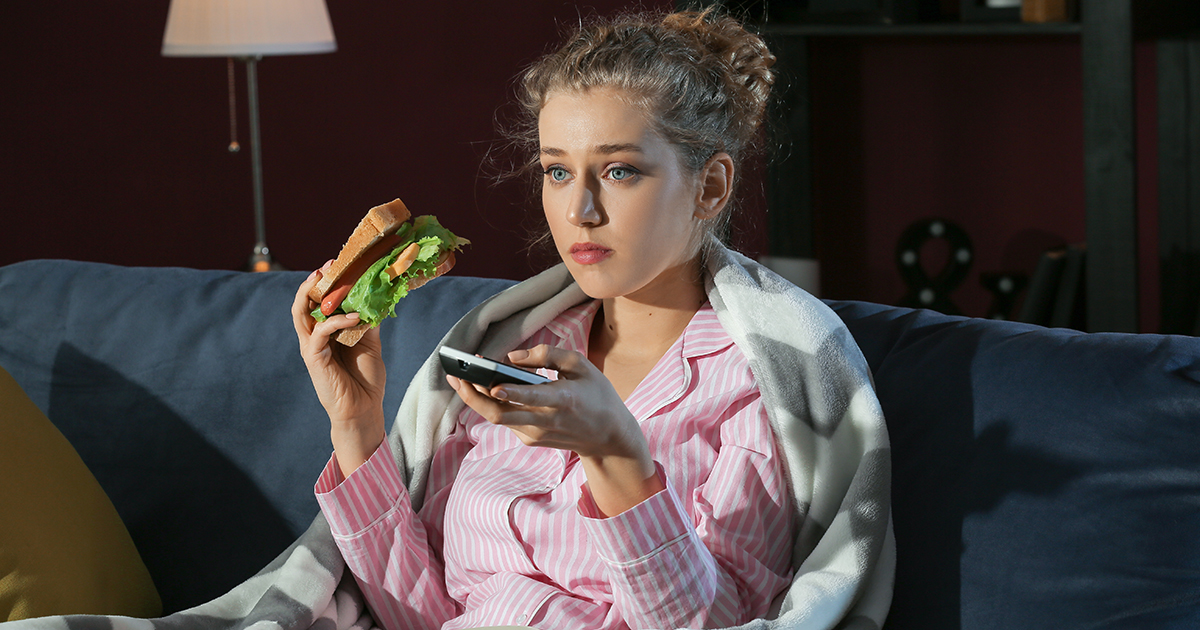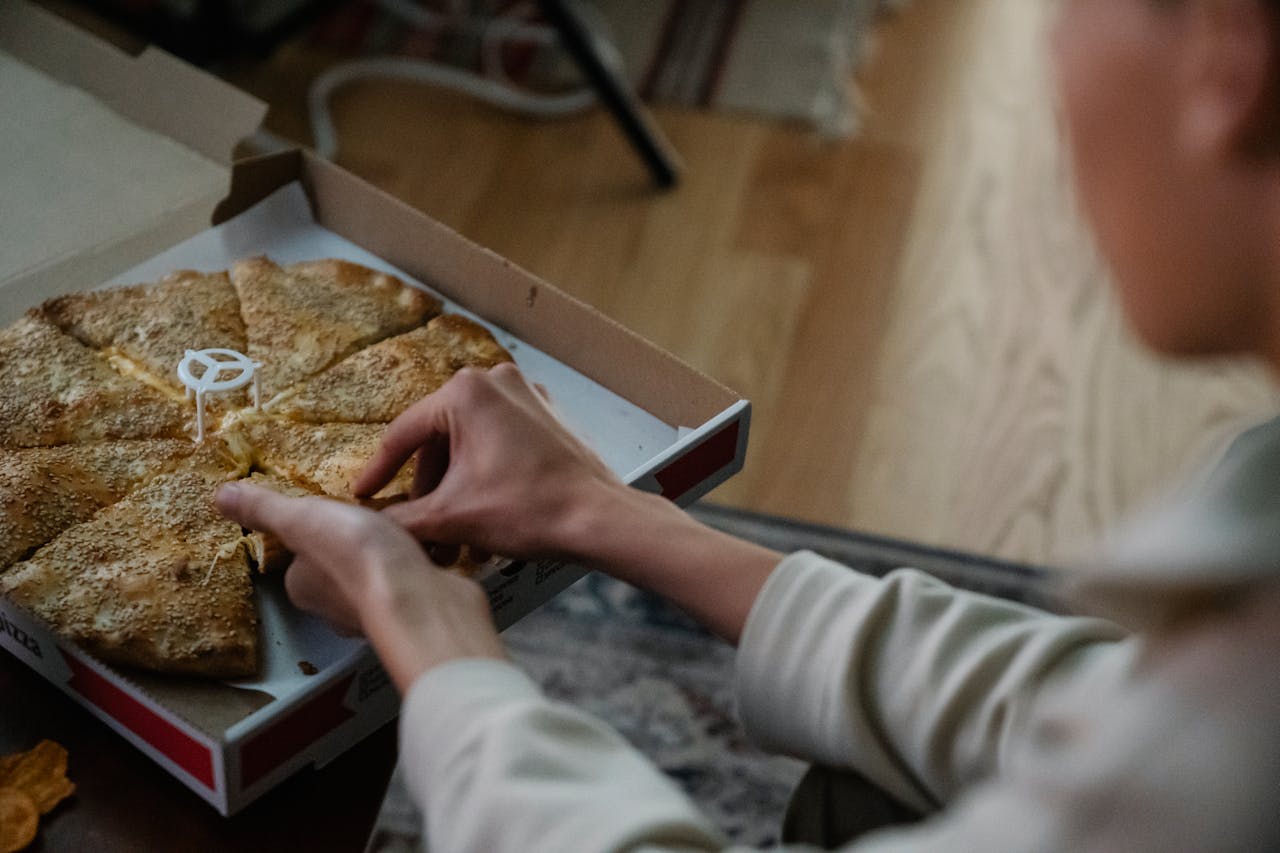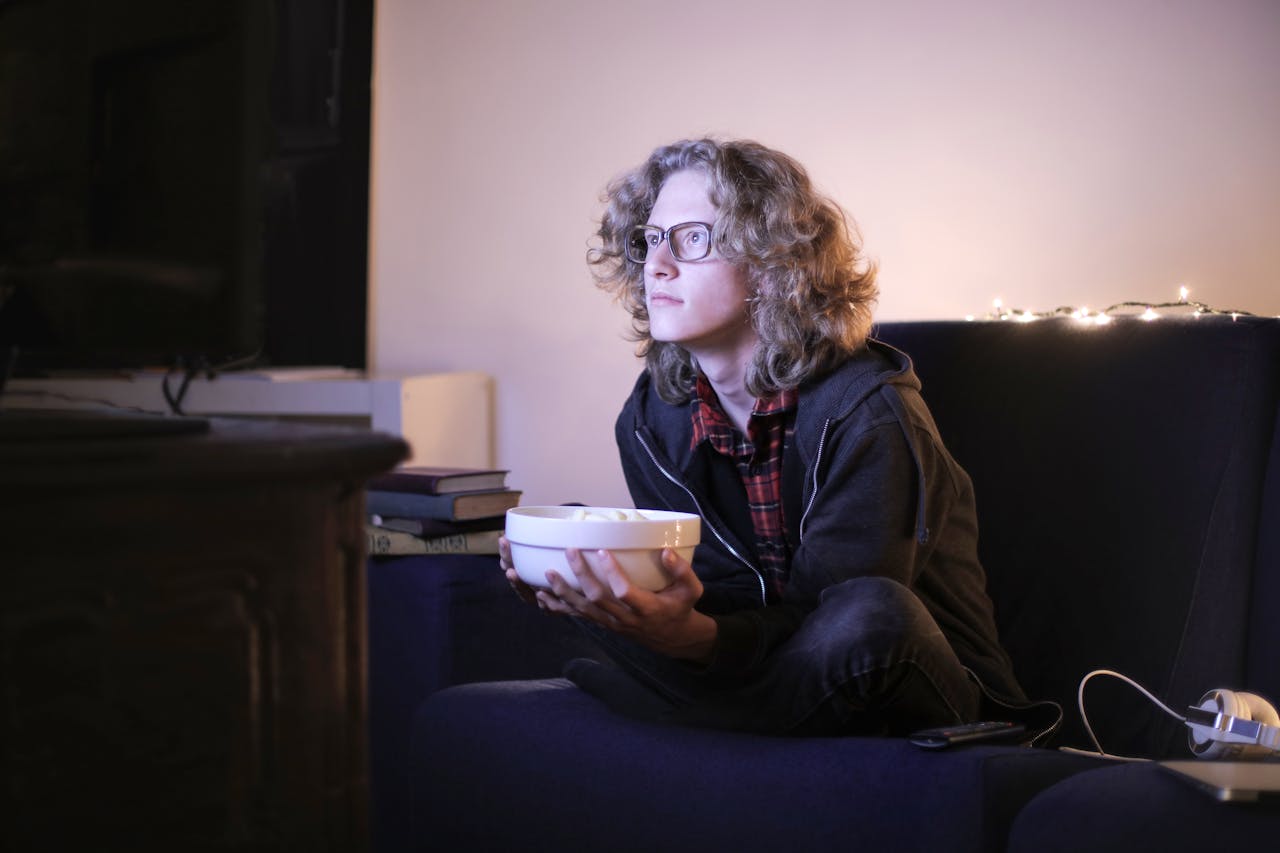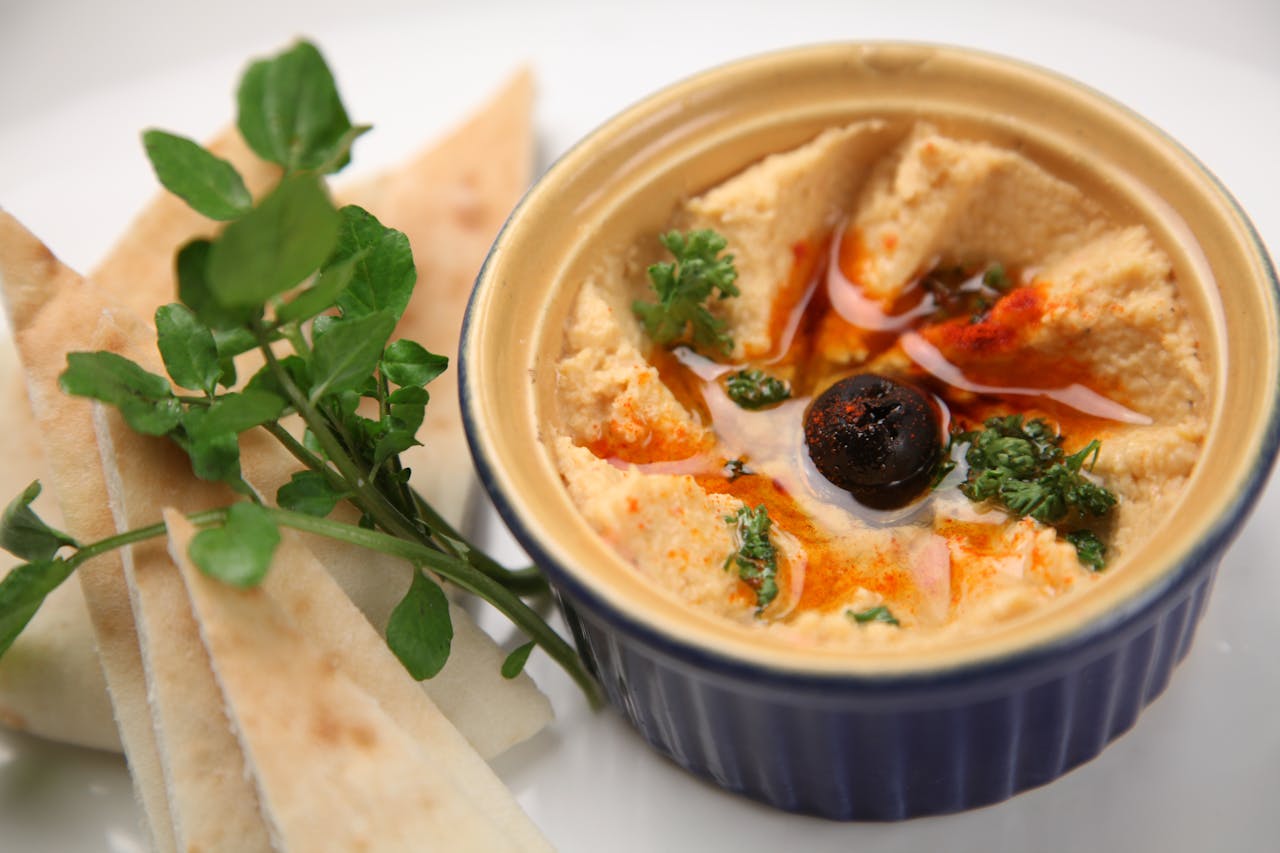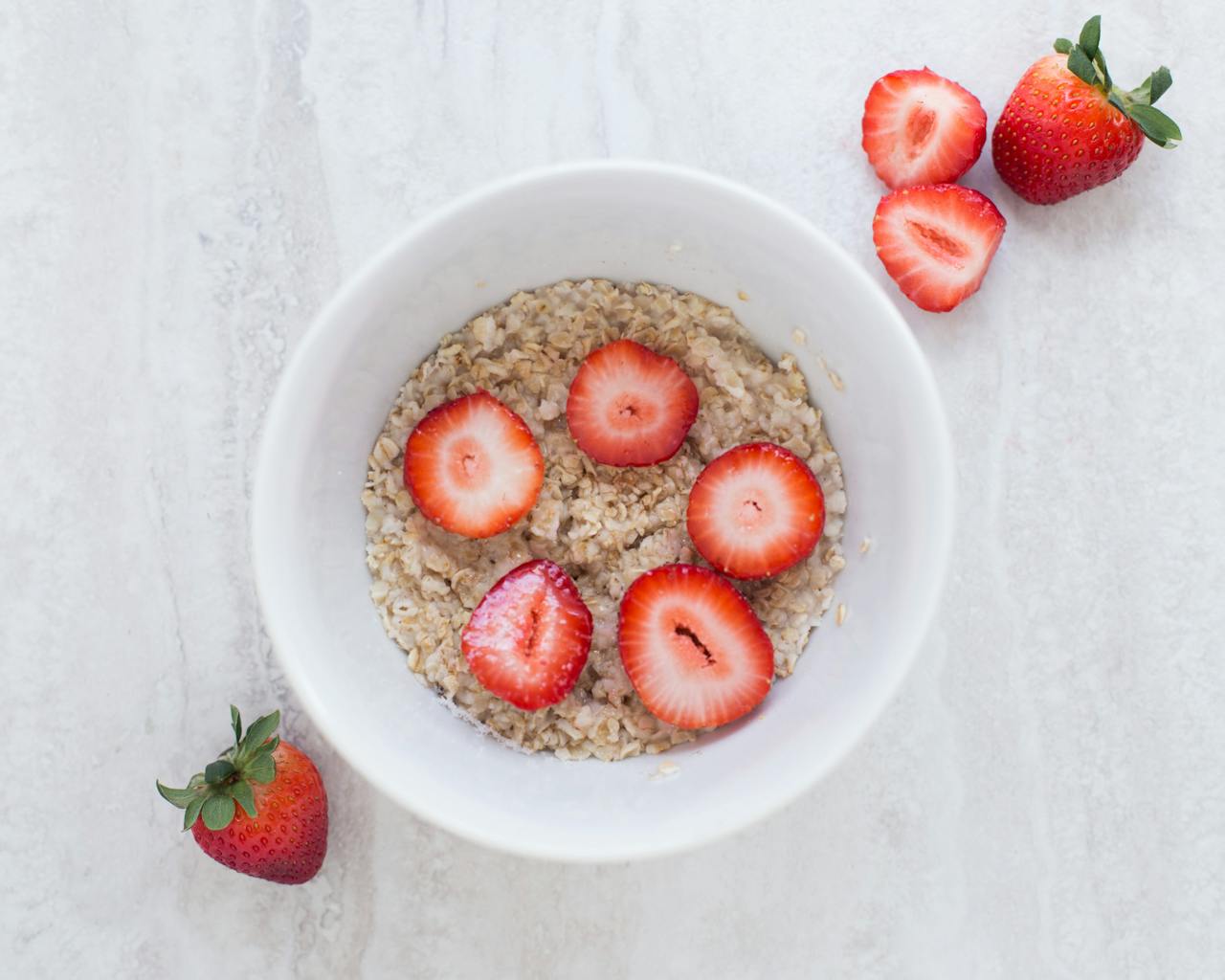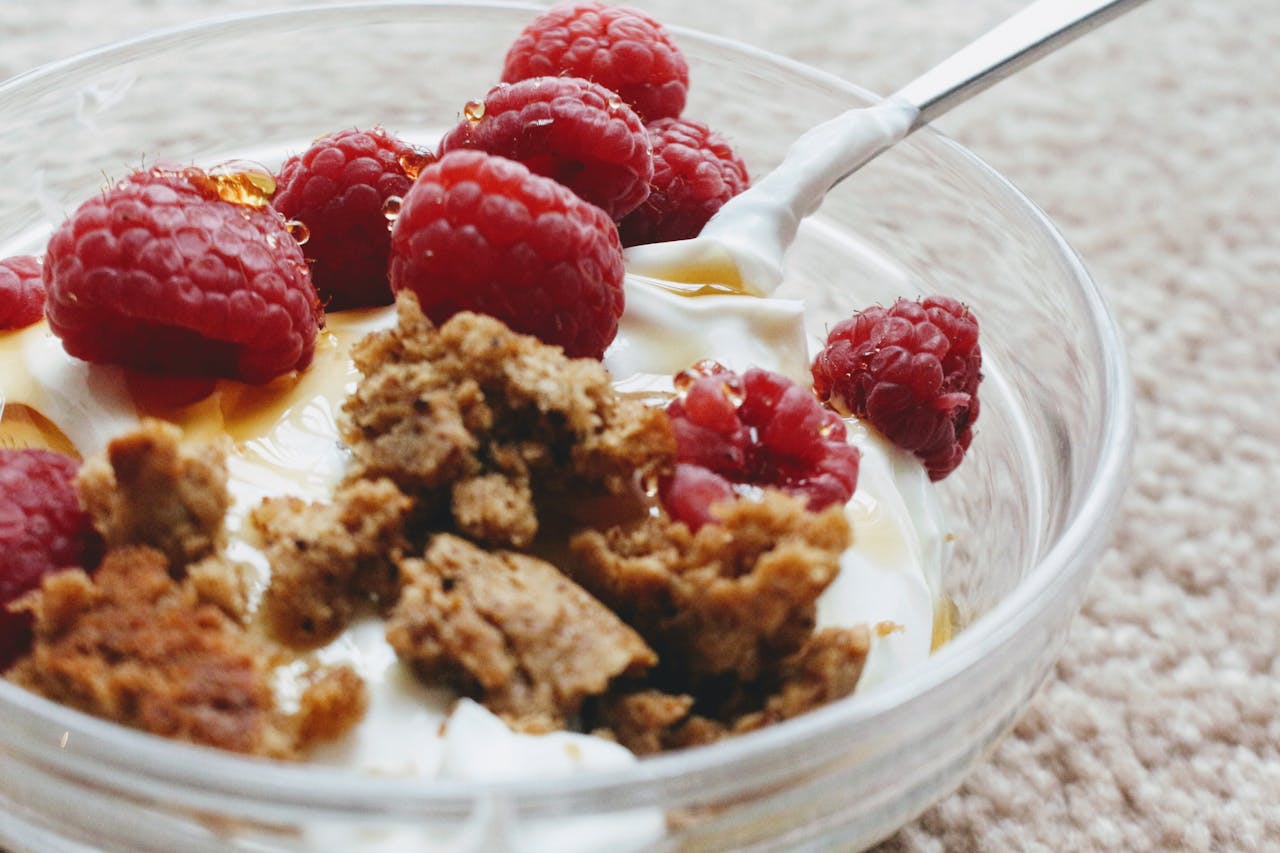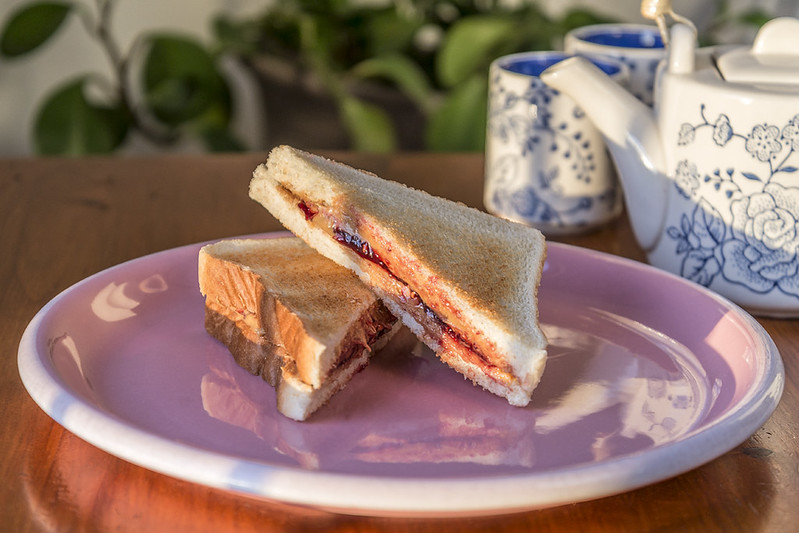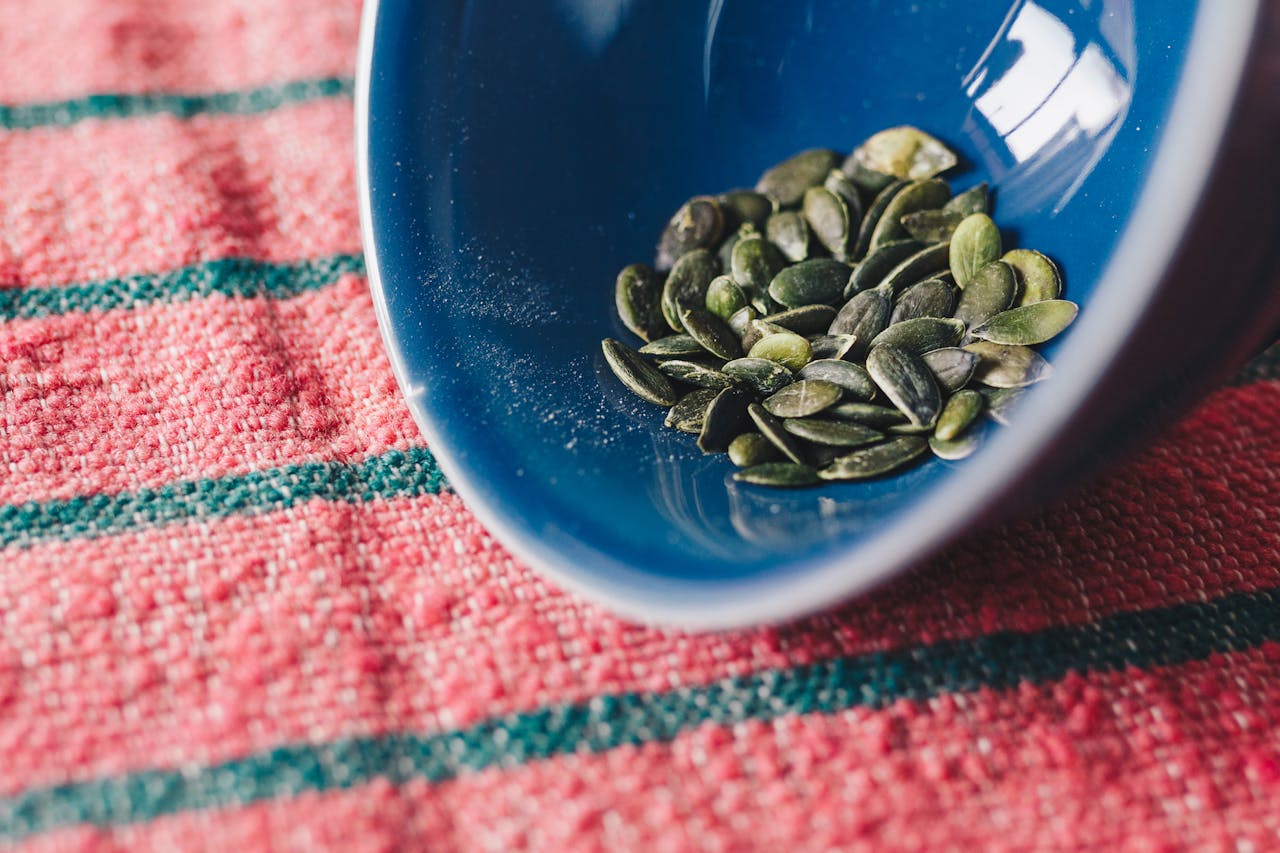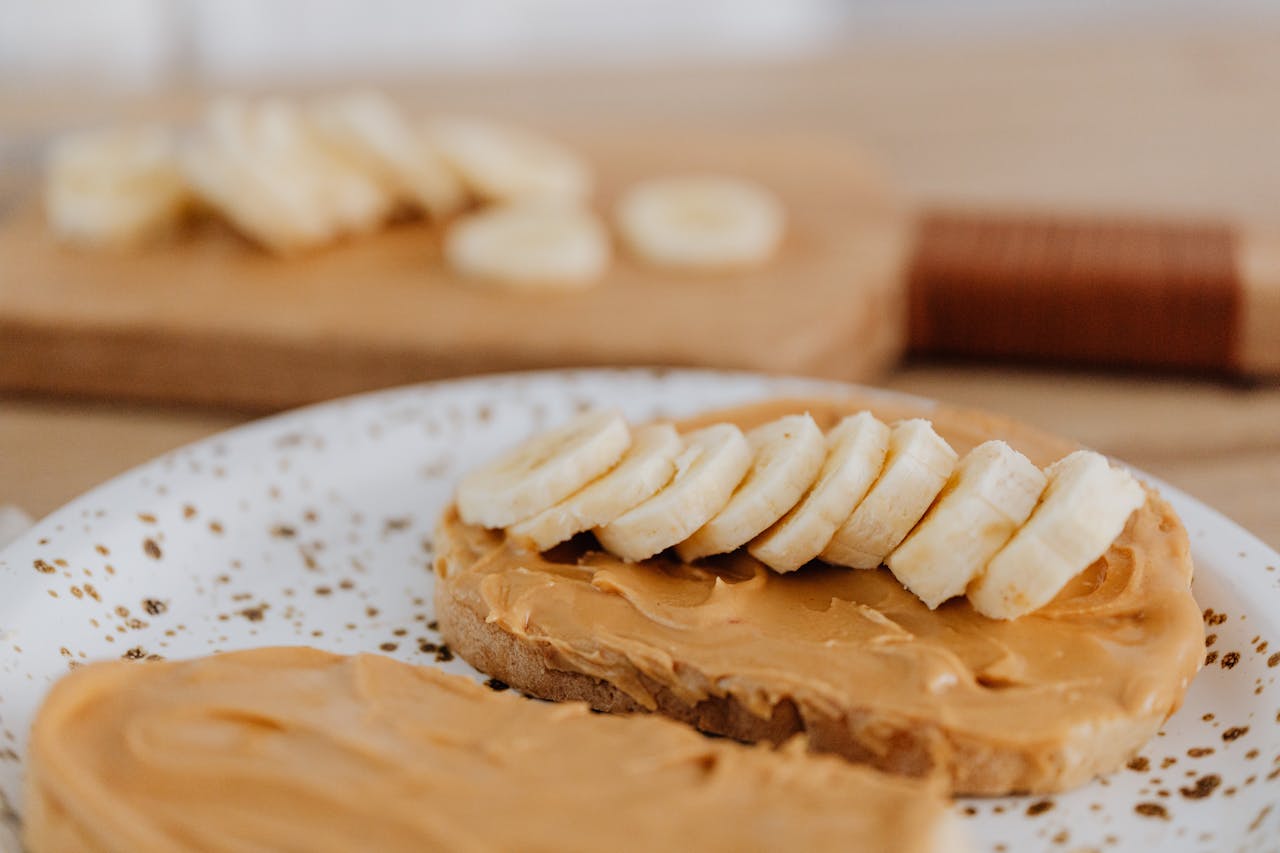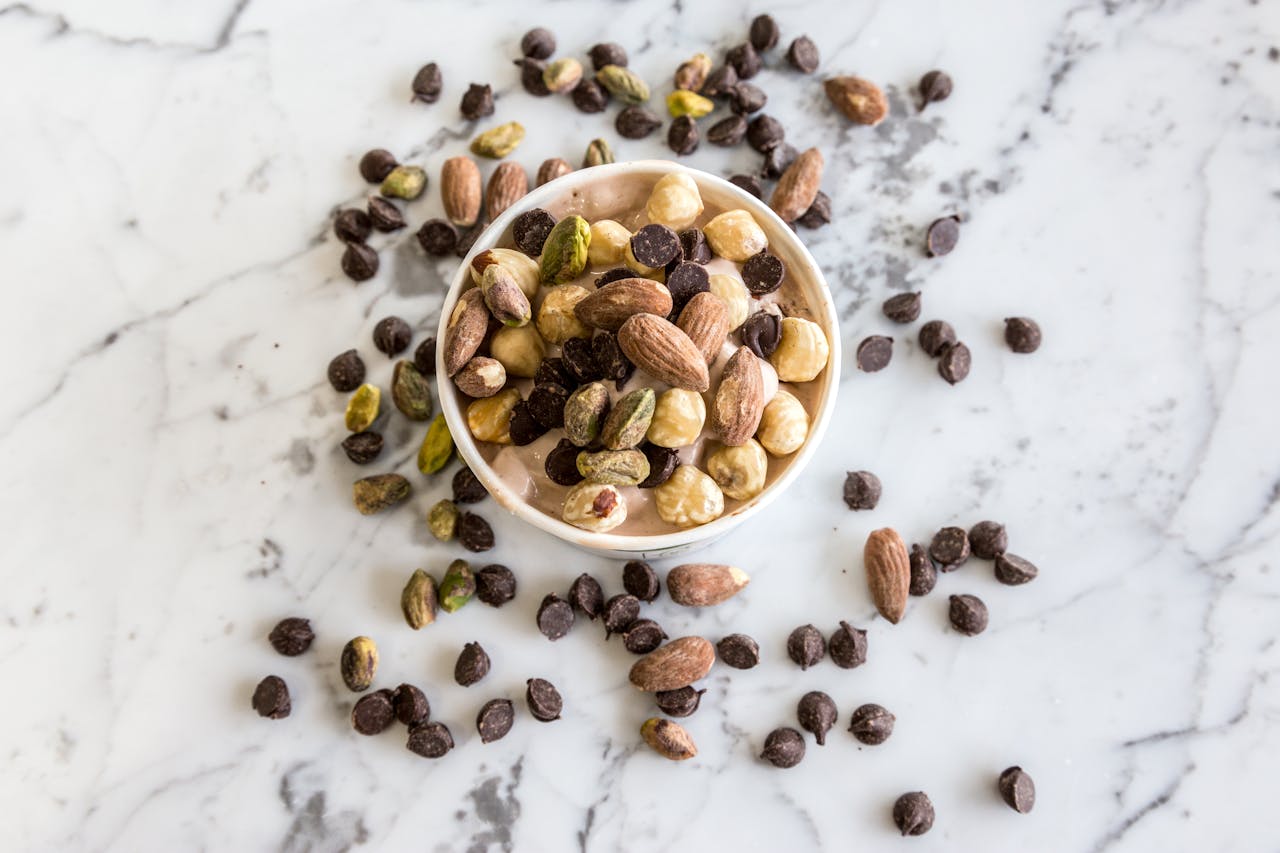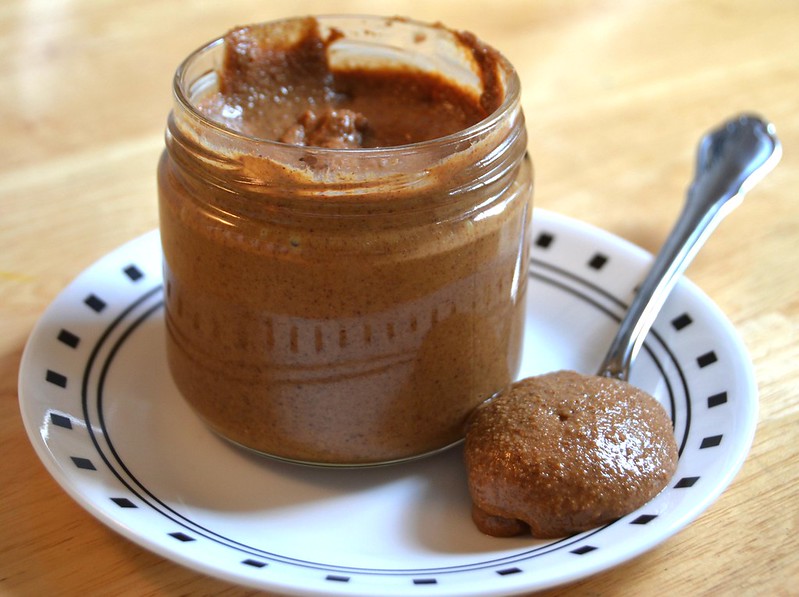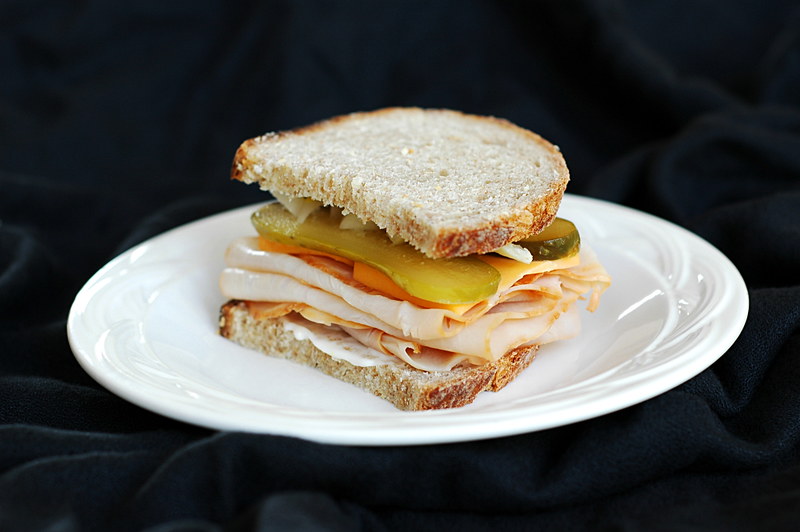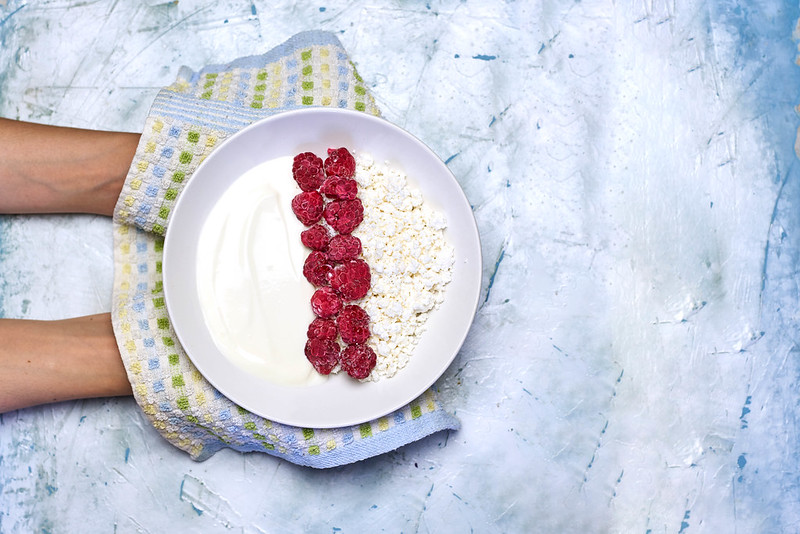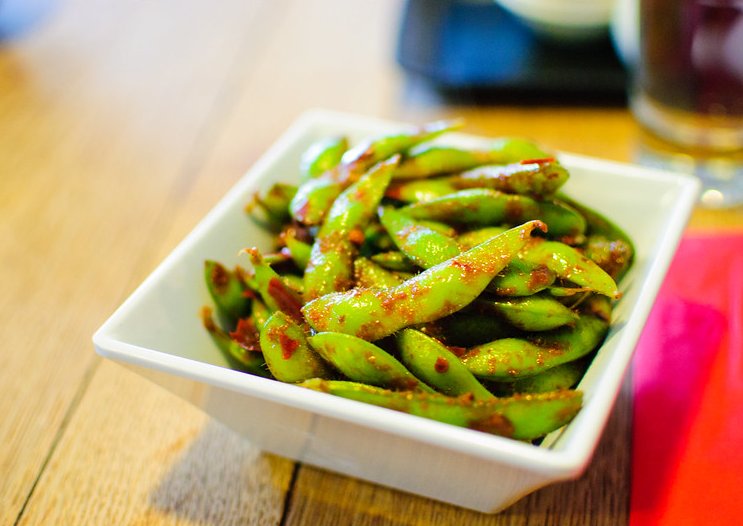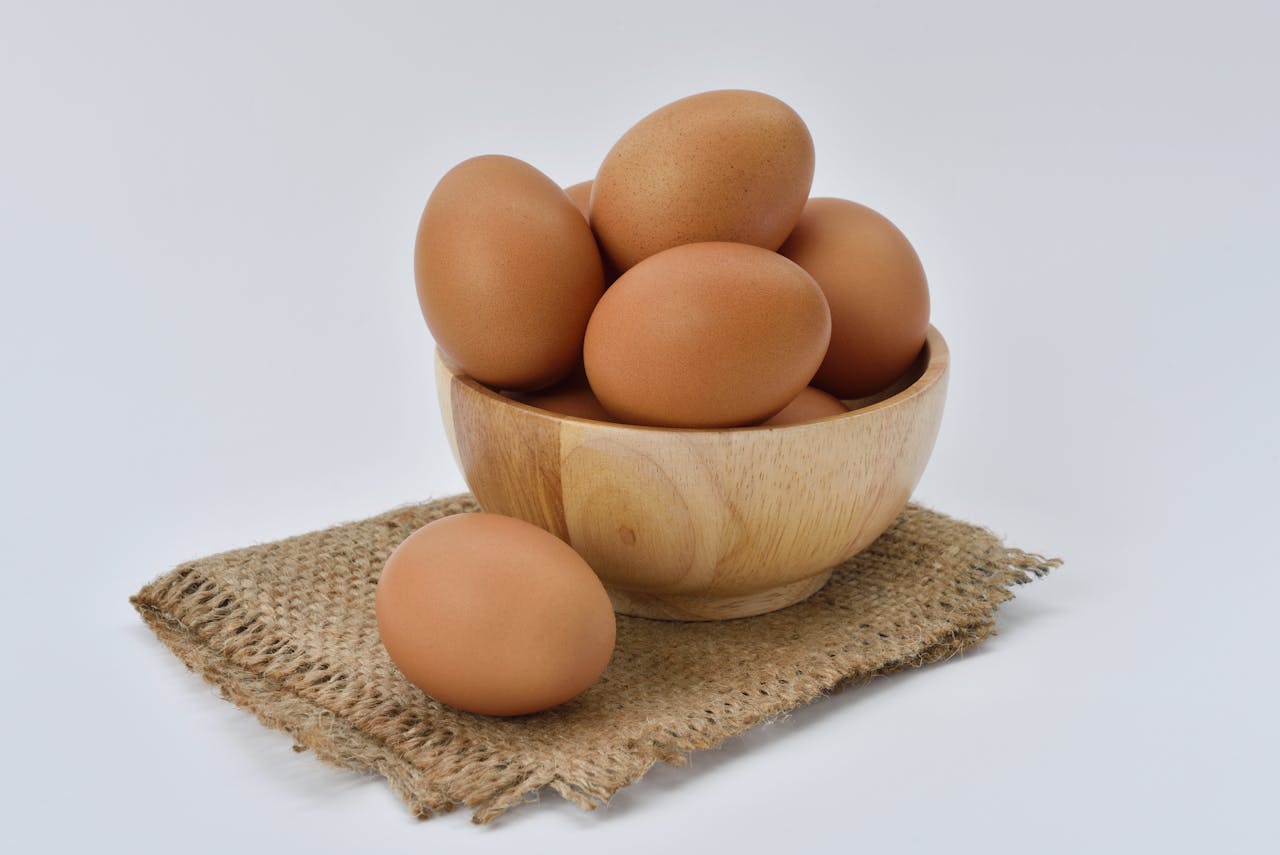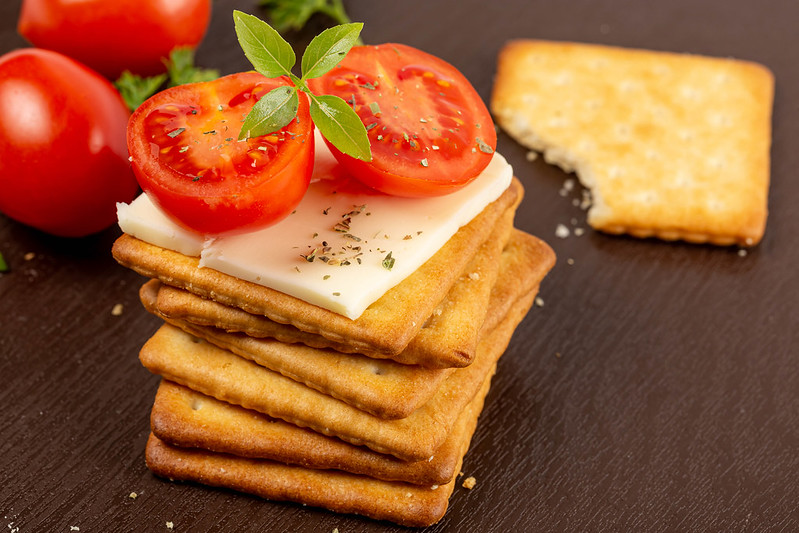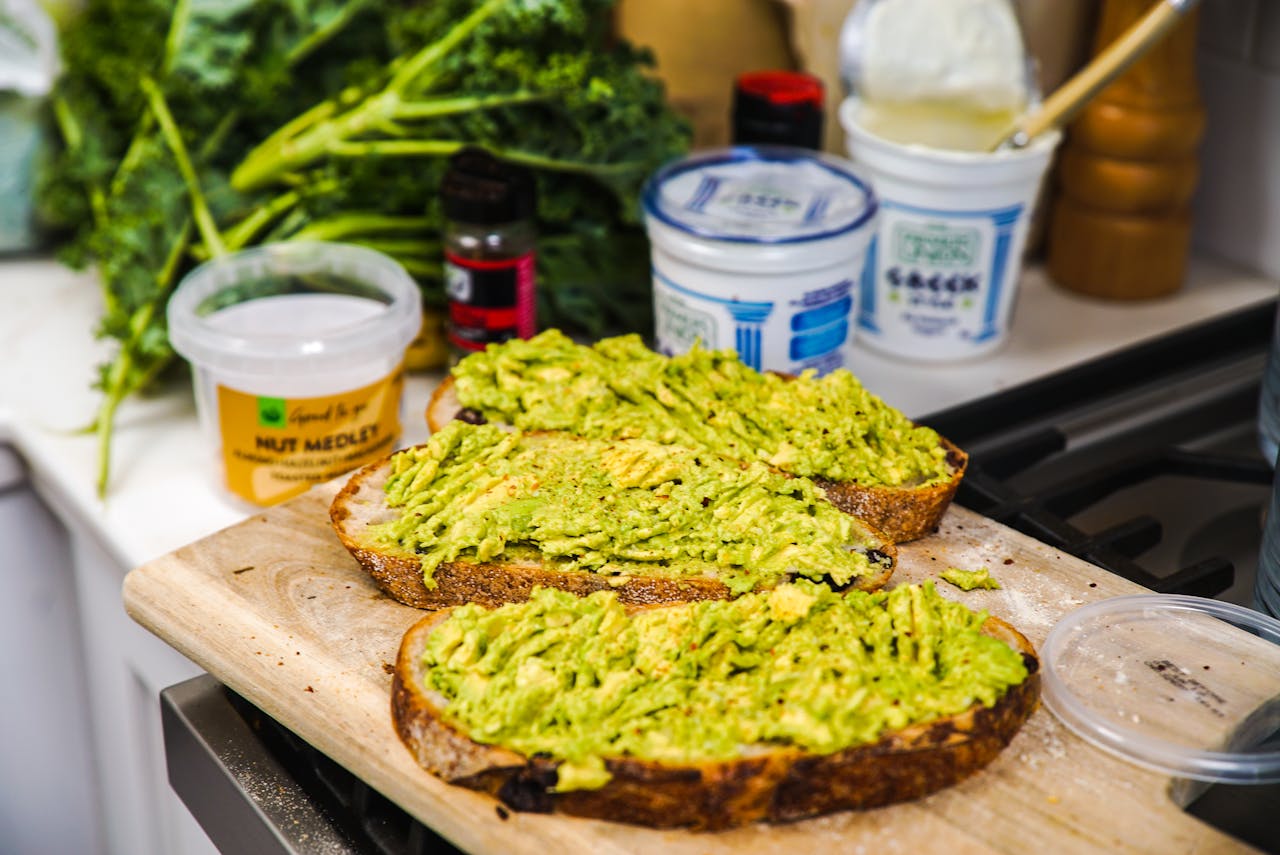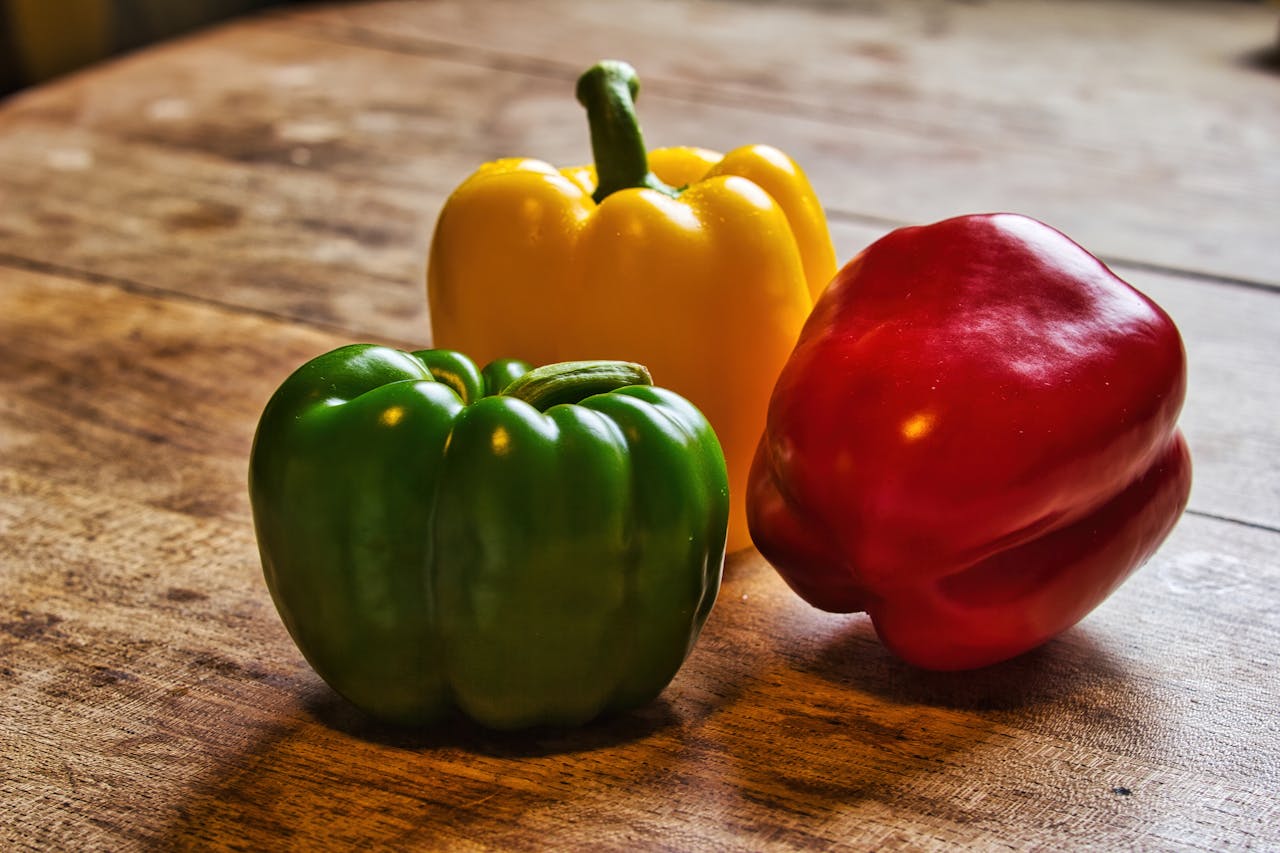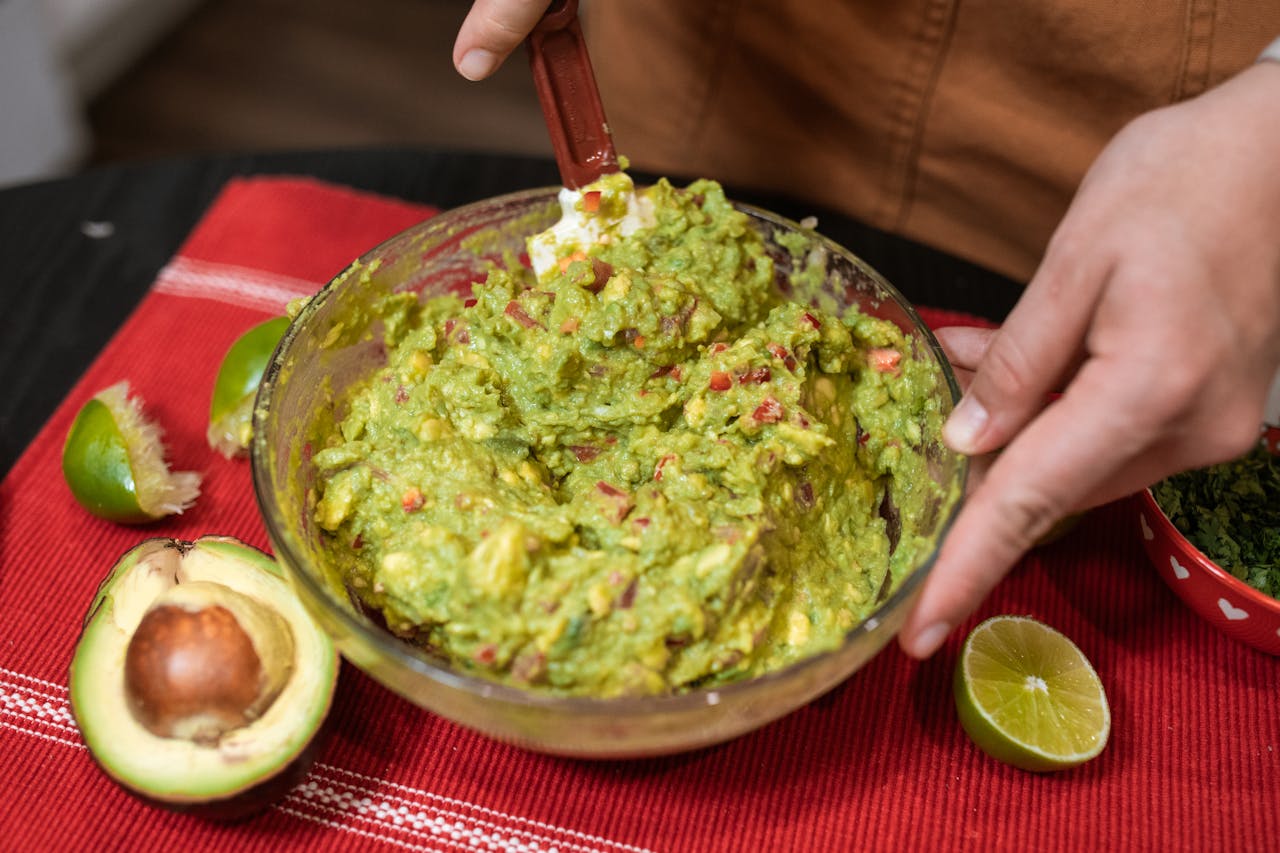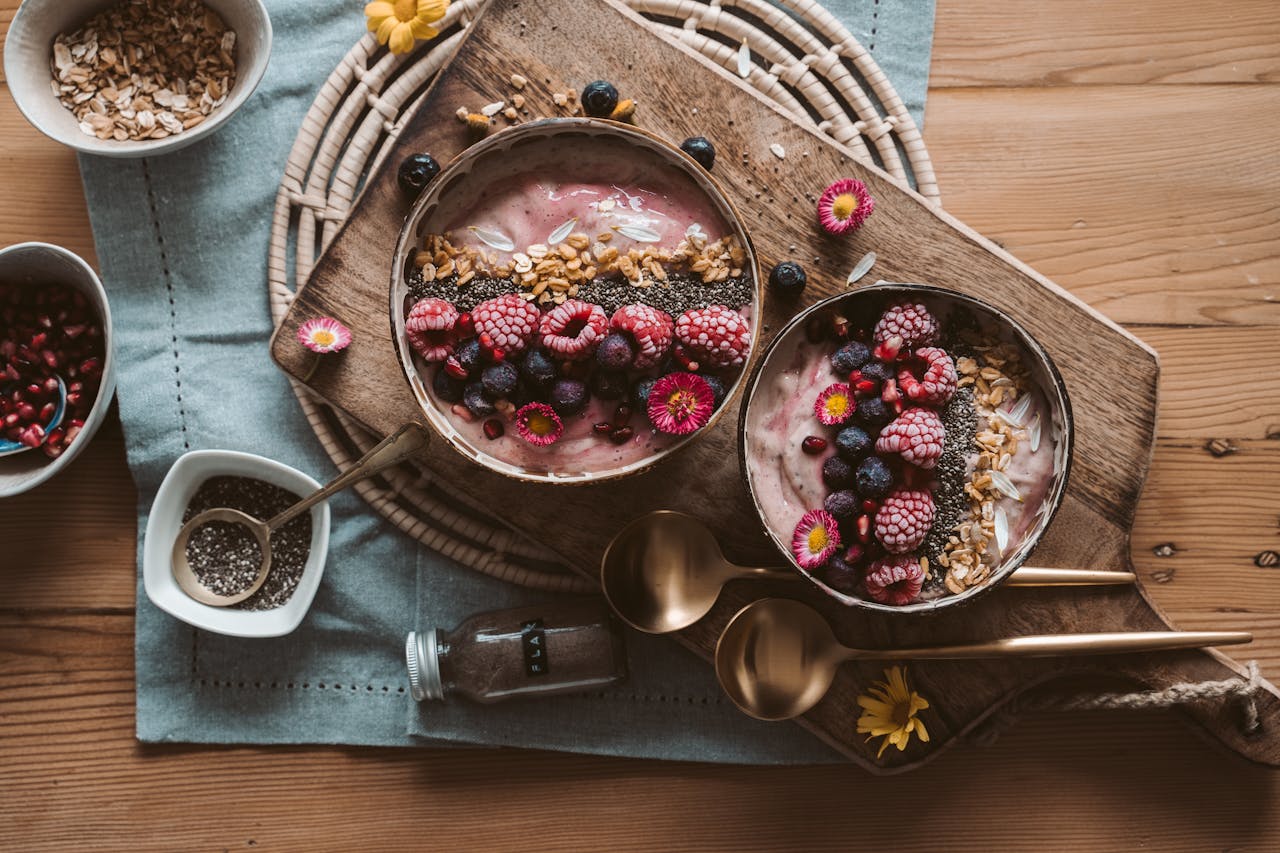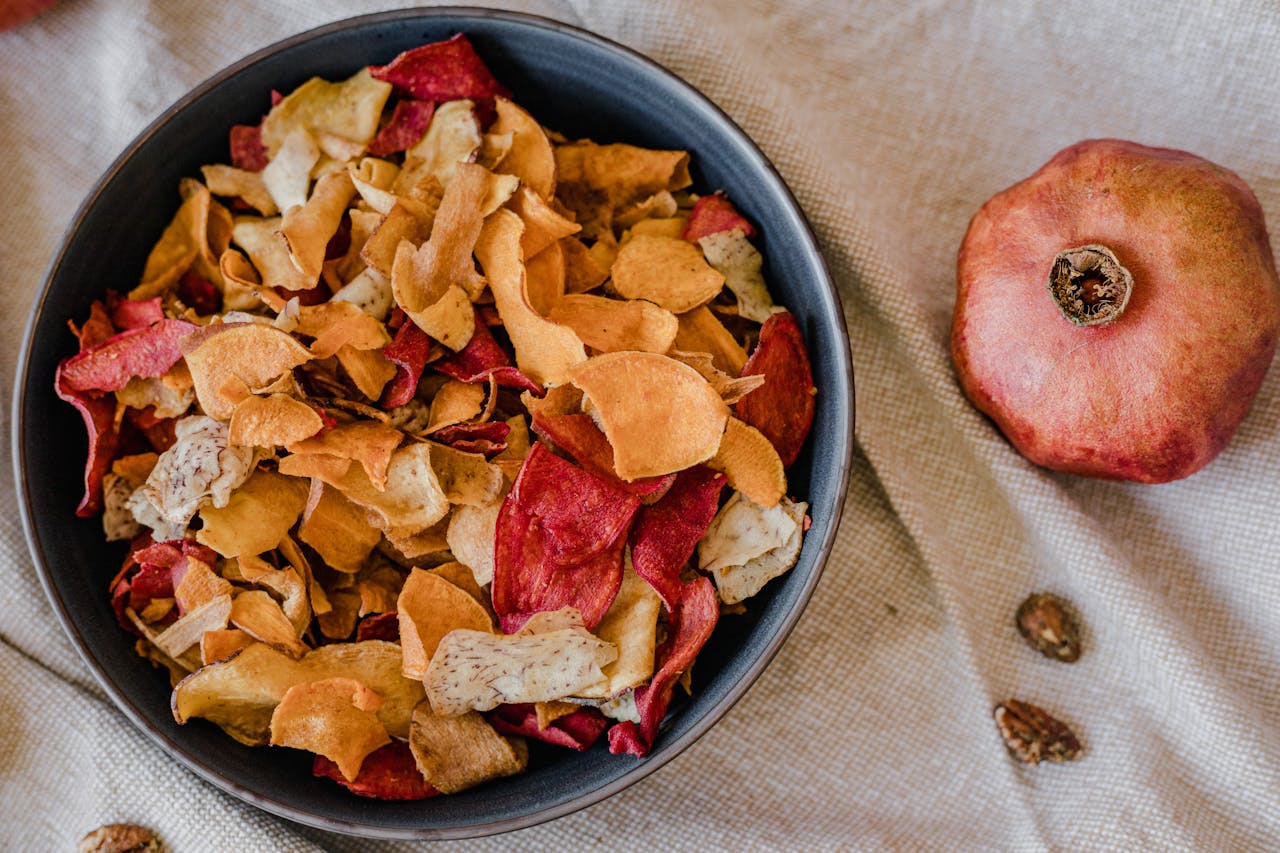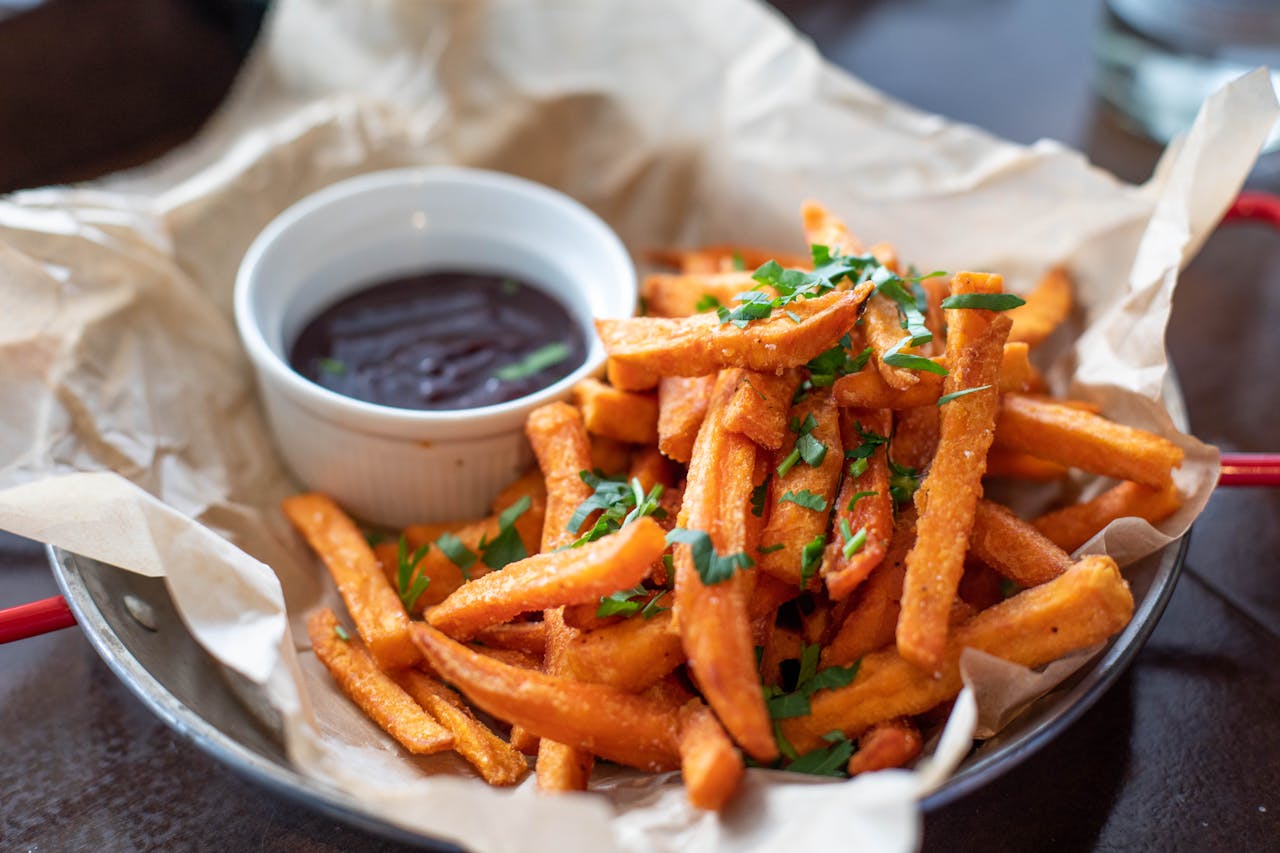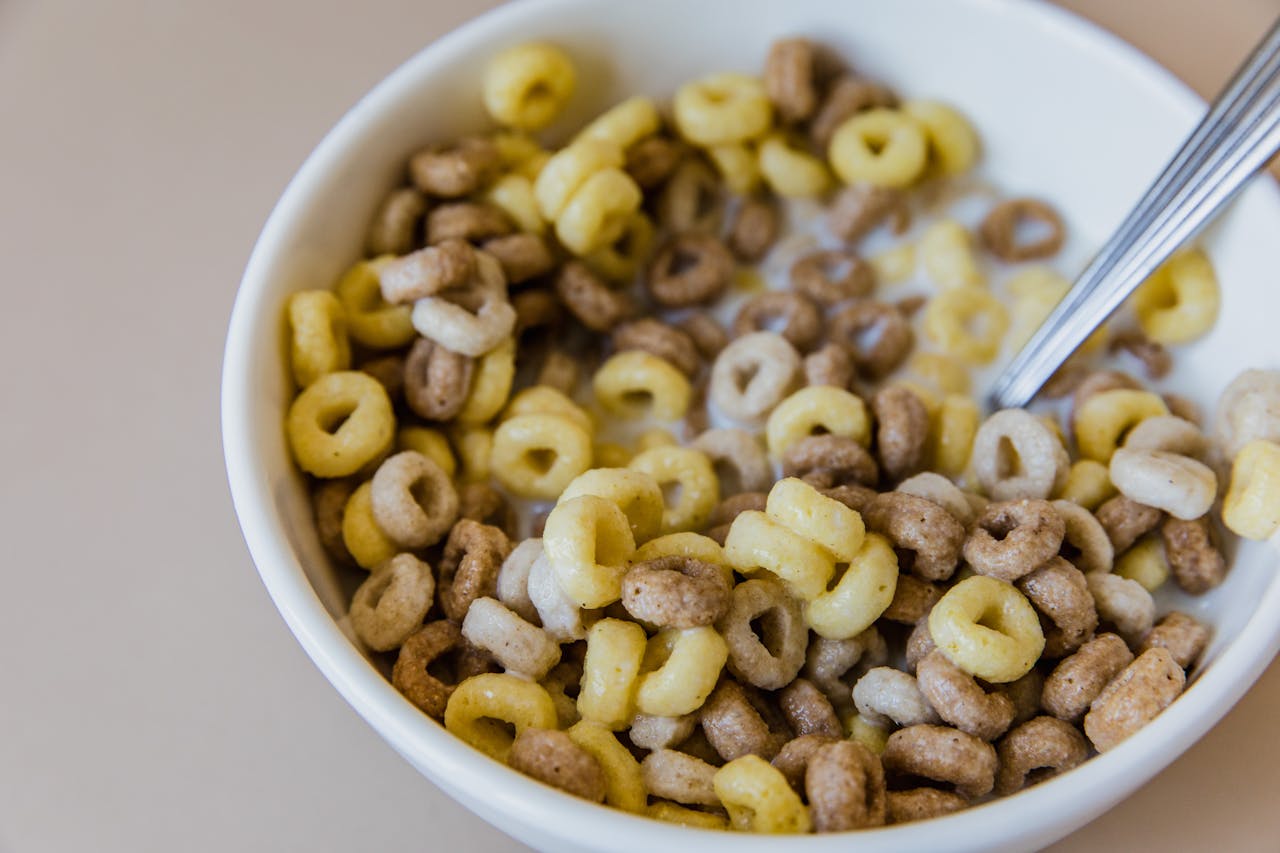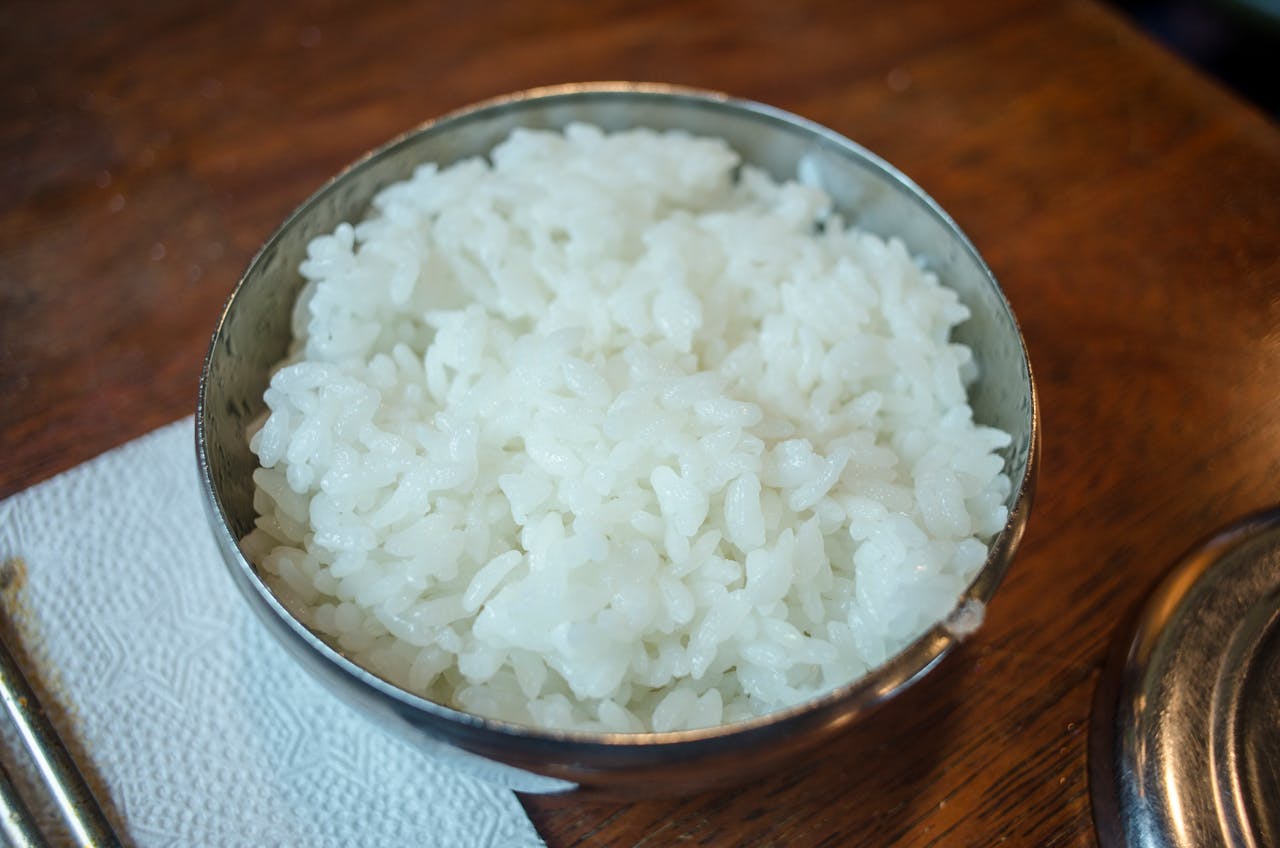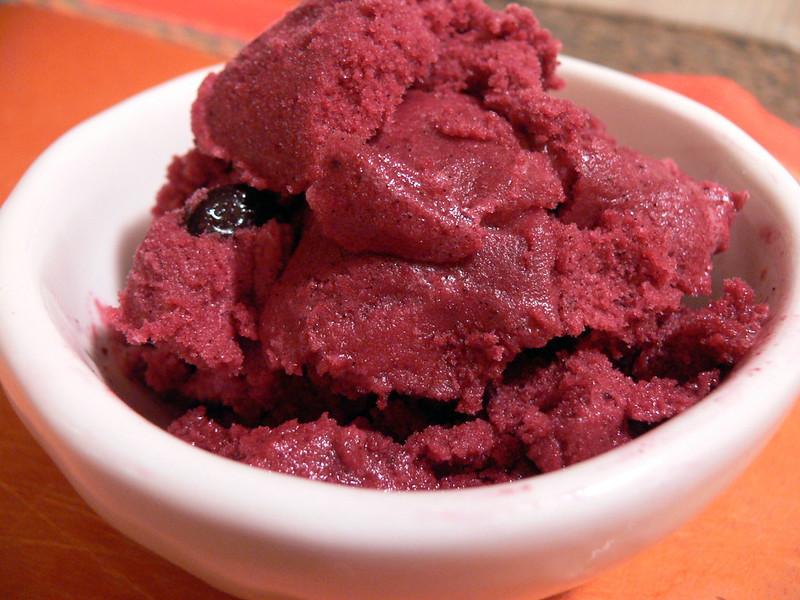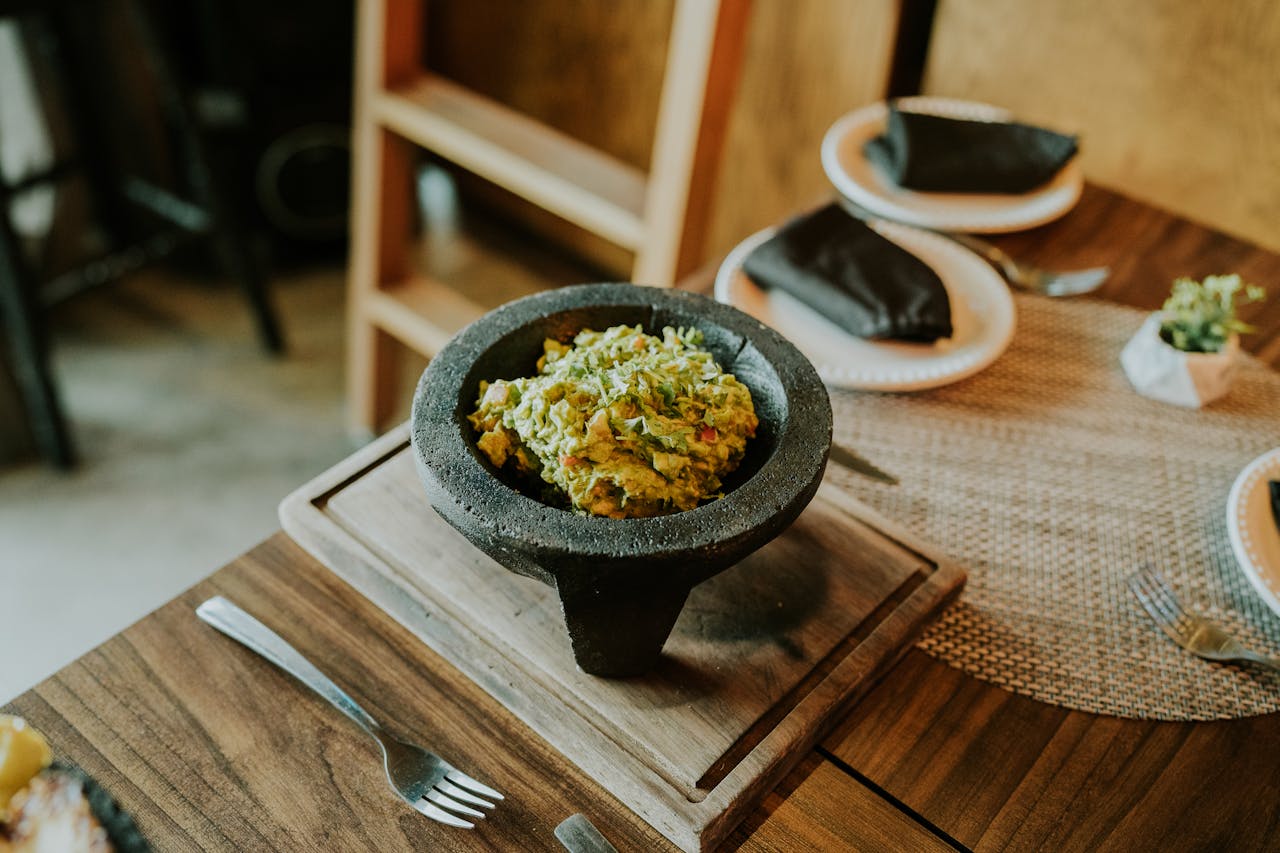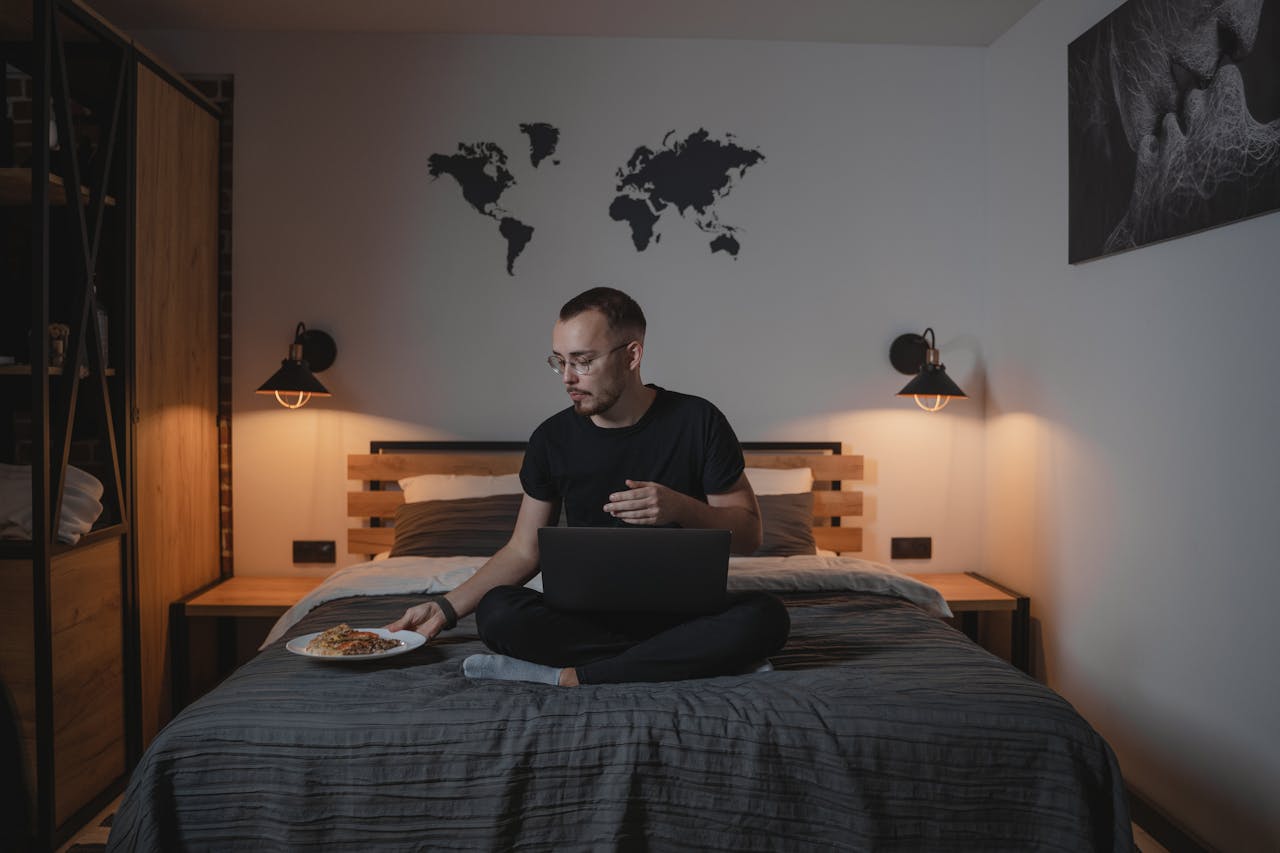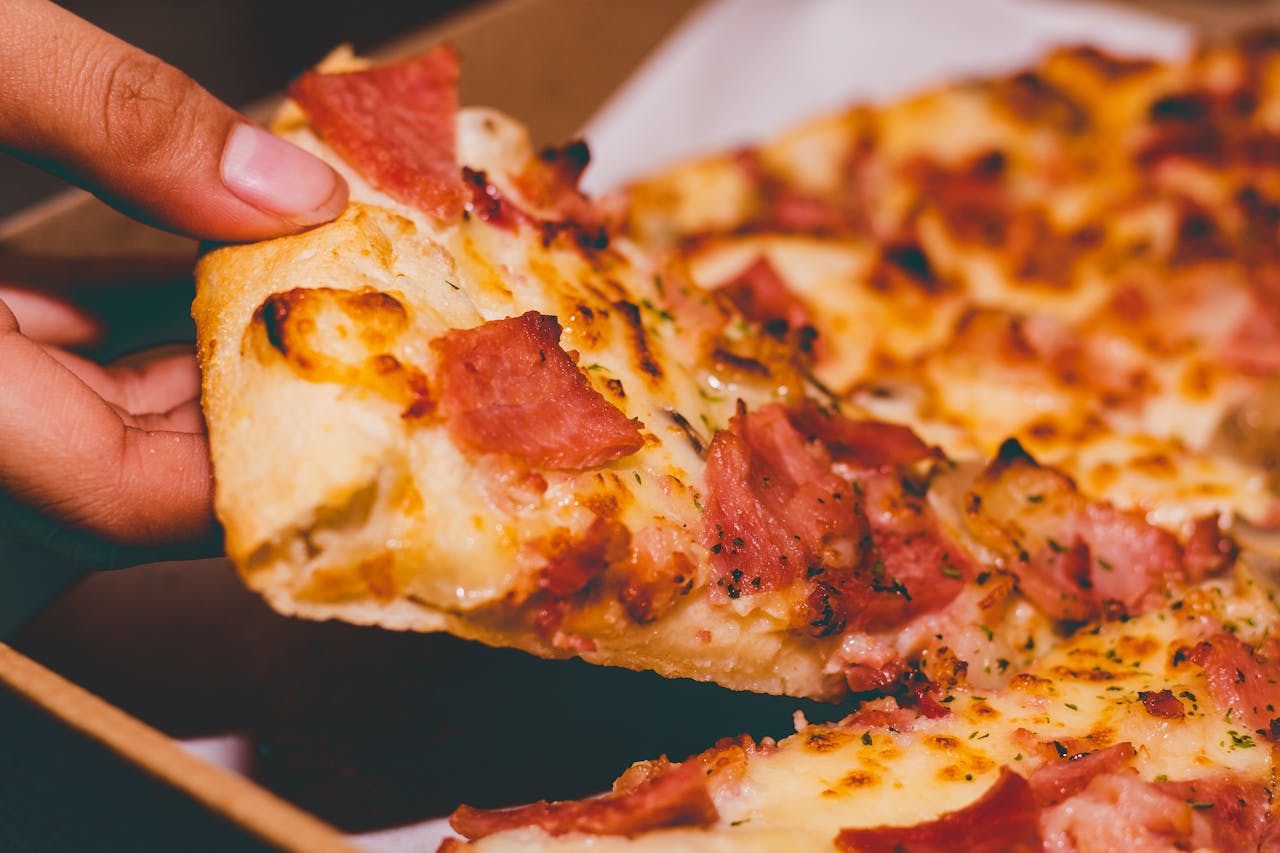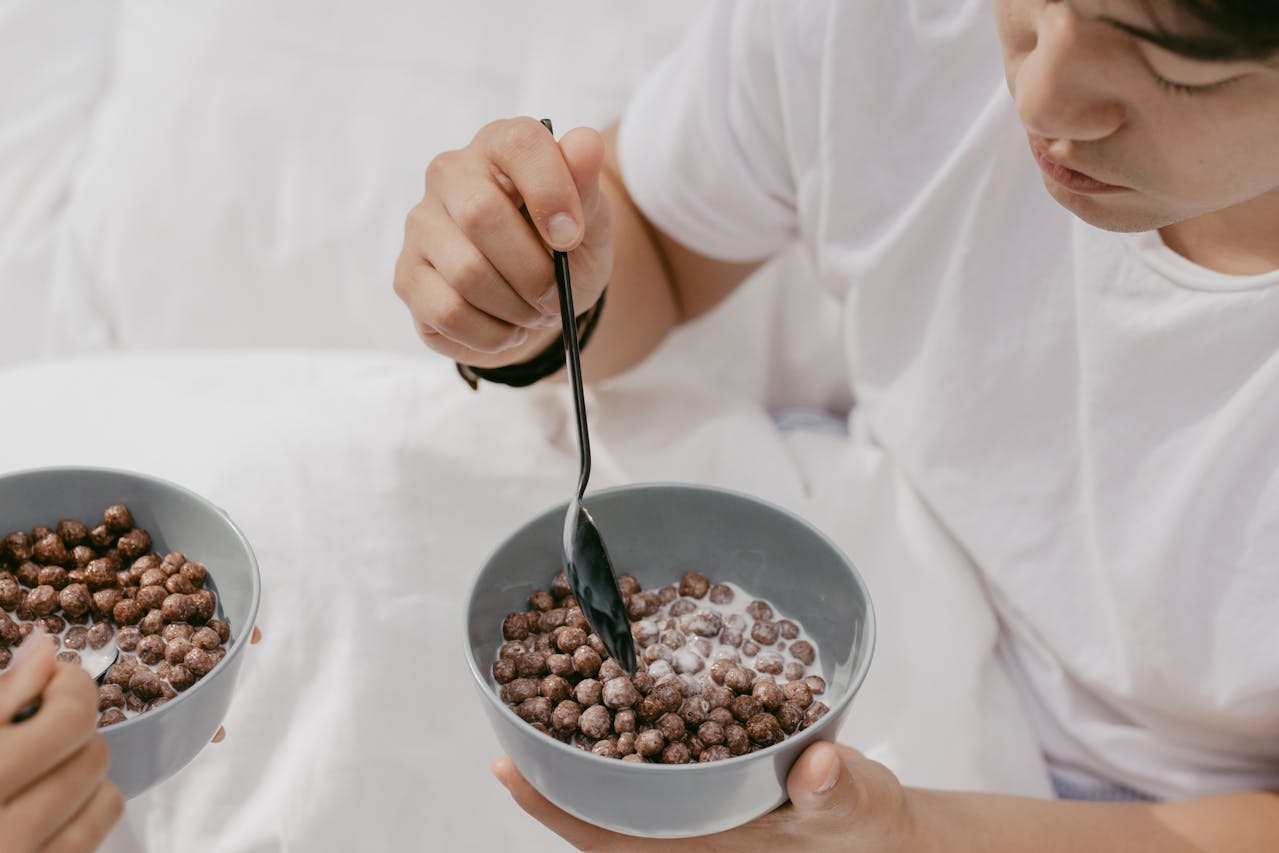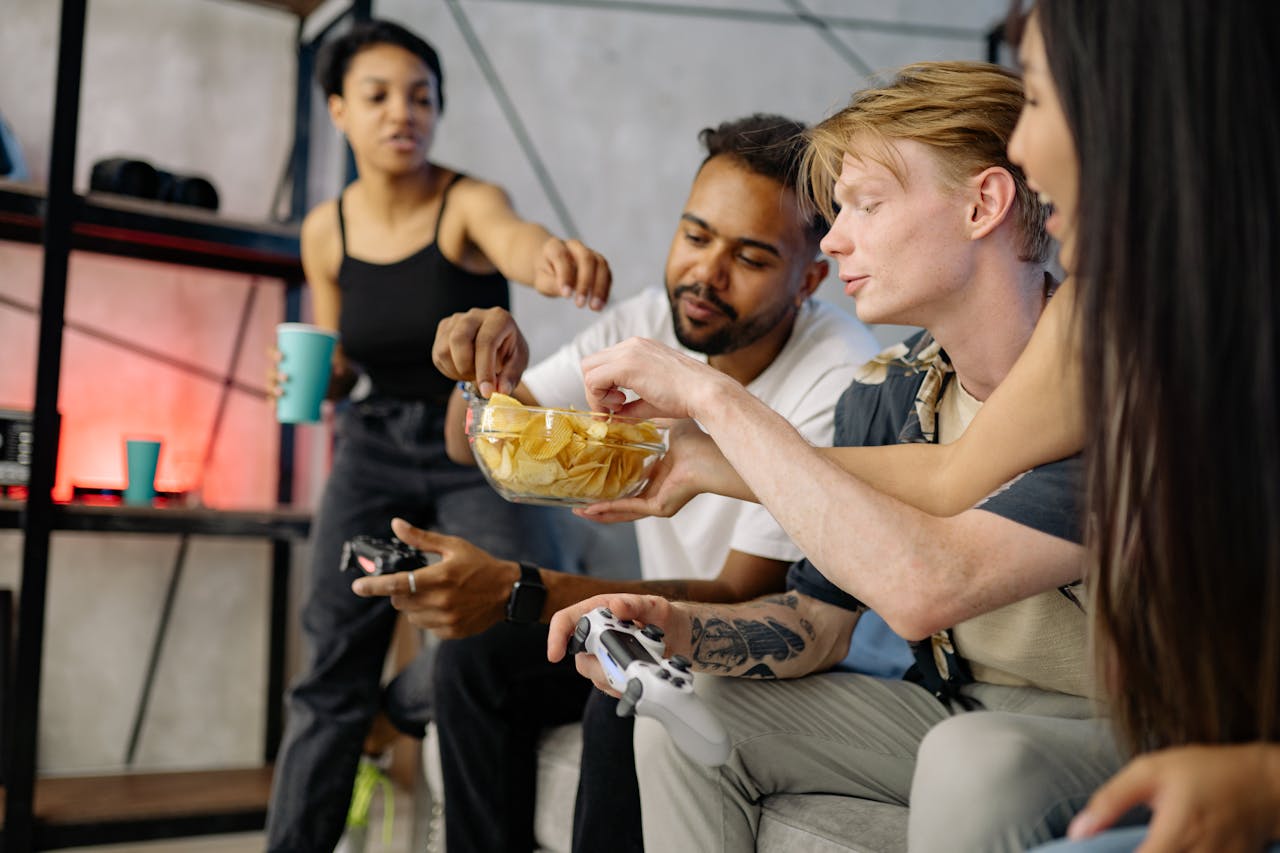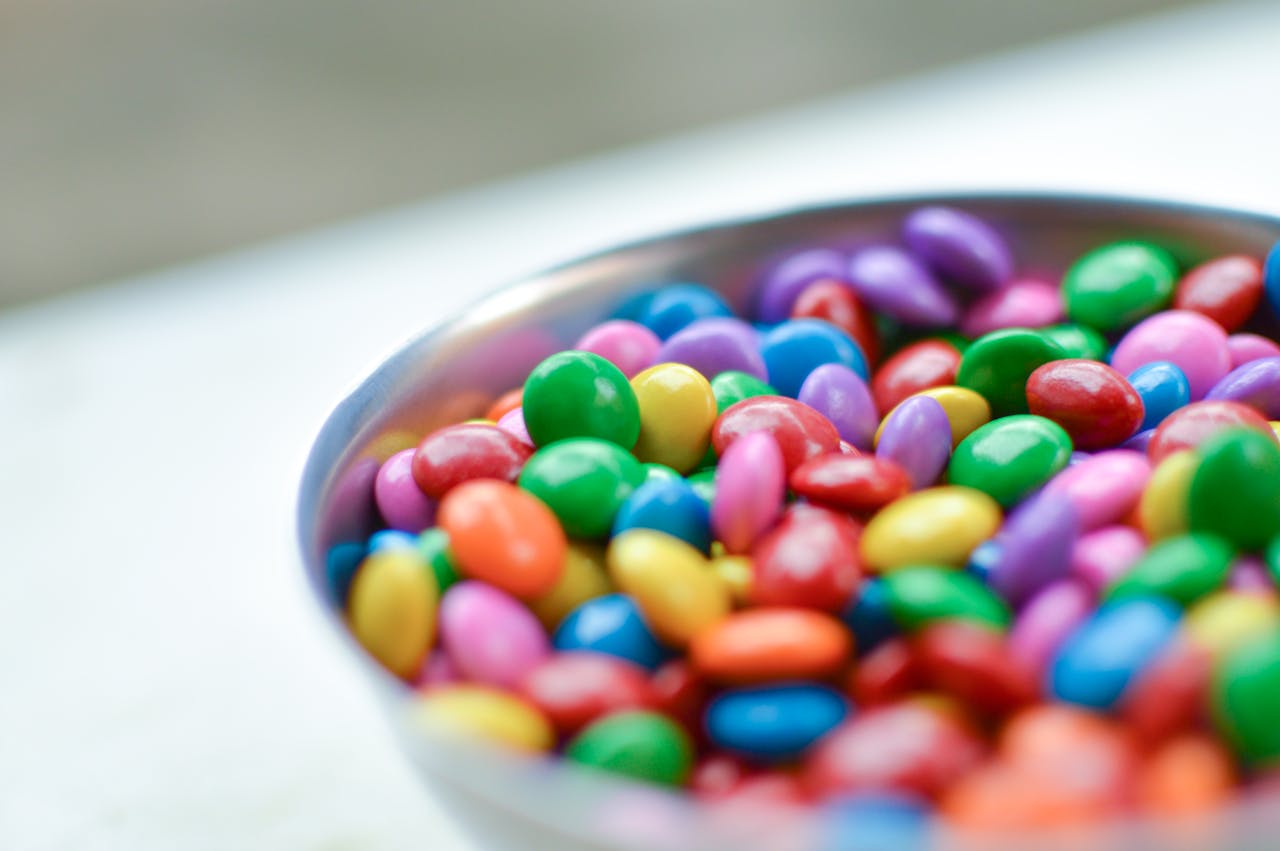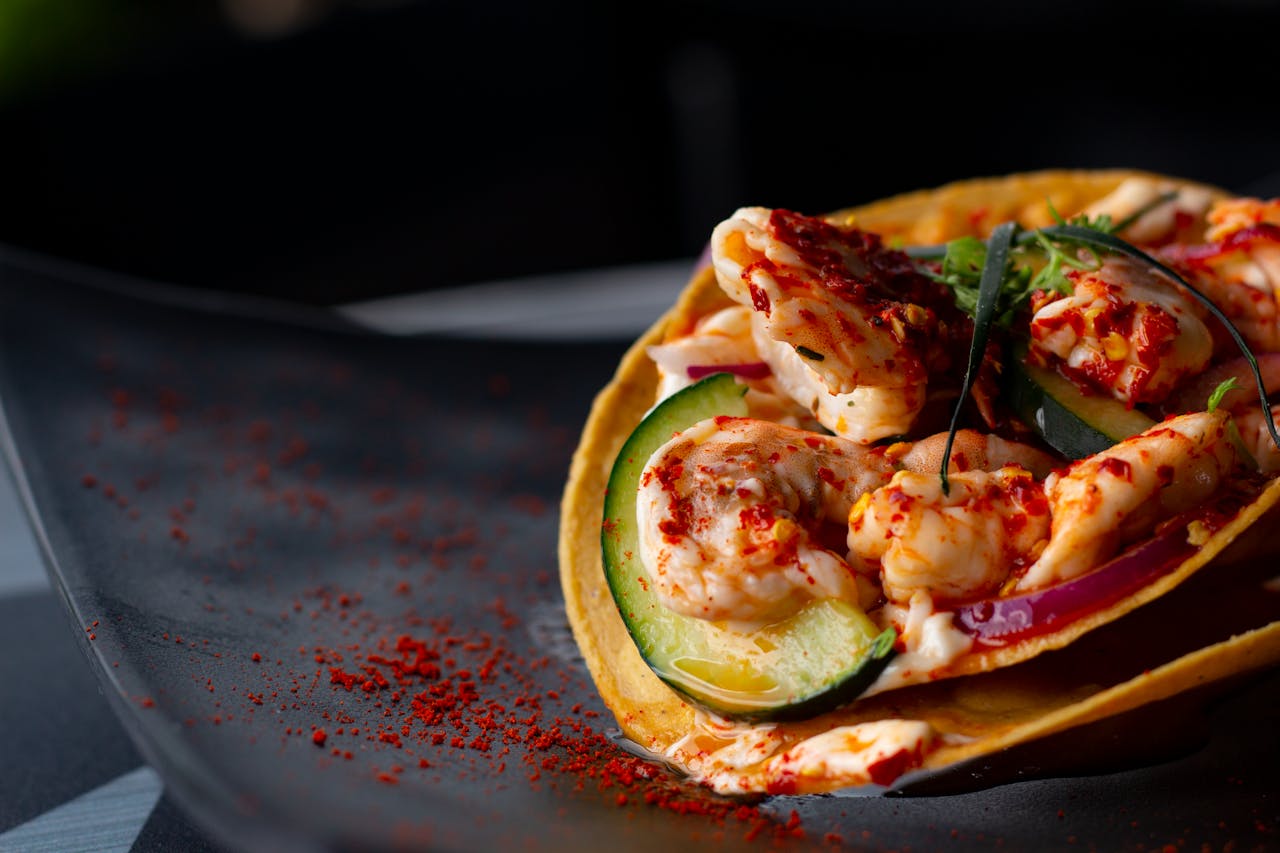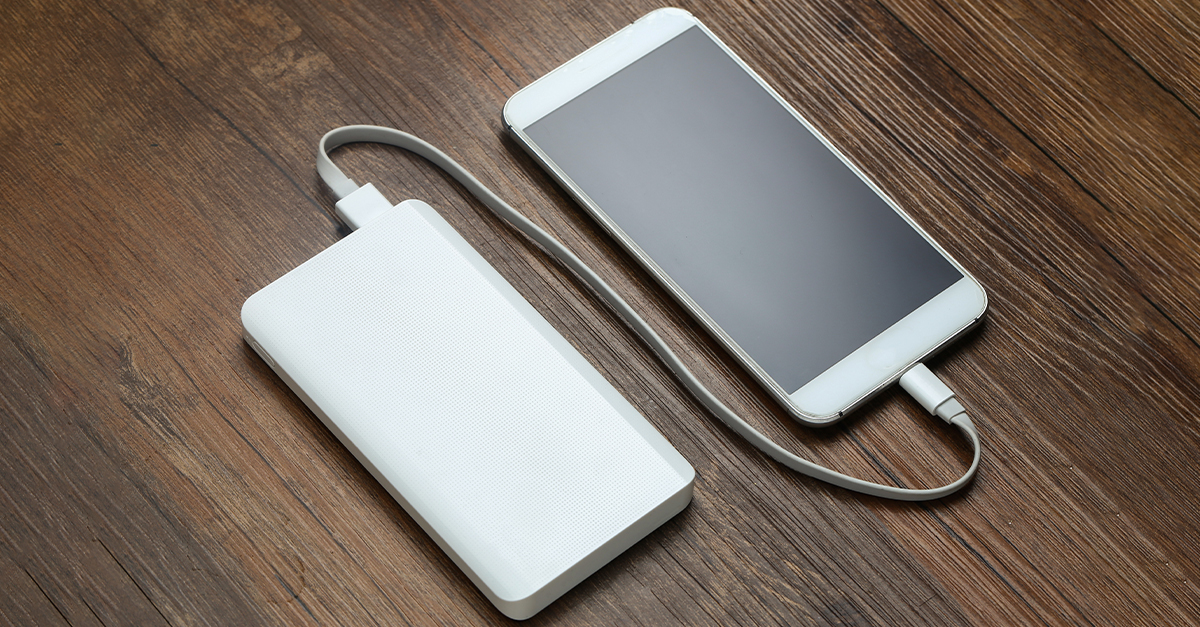Late-Night Snacking
We did the research so you don’t have to.
Find out which snacks are best to eat after dinner for optimal rest and optimal health—and which are the worst.
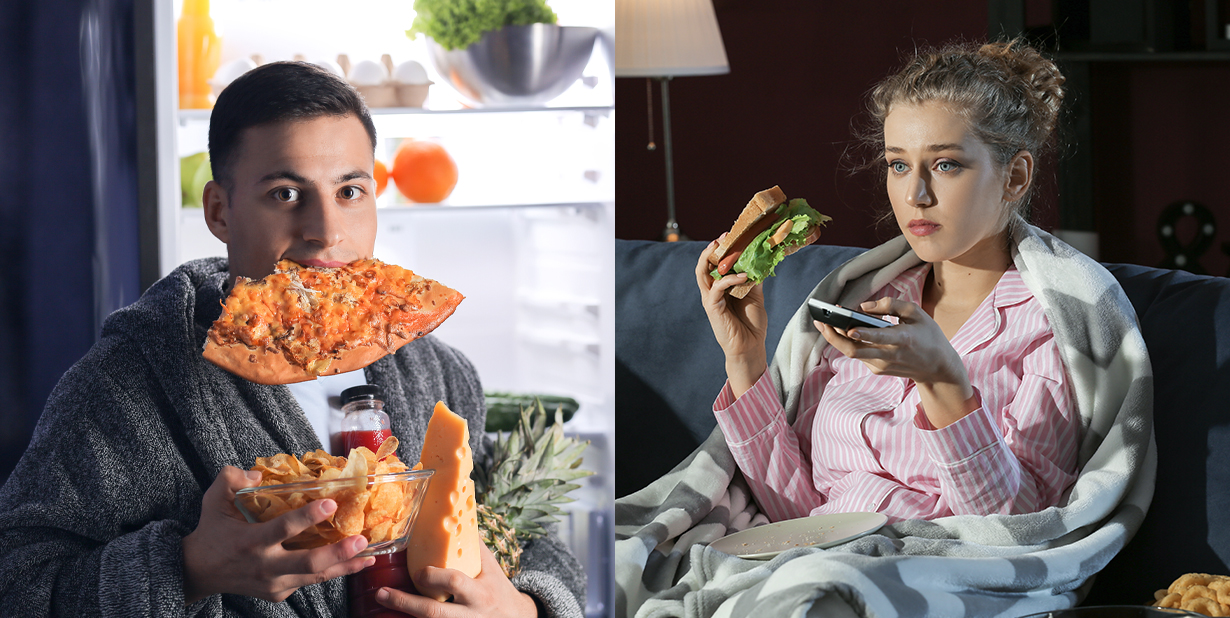
Is late-night eating unhealthy?
Truthfully, yes. In a perfect world, we wouldn’t eat before bed. This is because food that spends too much time in the stomach can potentially cause reflux—making you uncomfortable.
Food needs time to process through your body before you lay down.
Can eating before bed increase risk of disease?
A 2023 study published by the European Journal of Nutrition found that “adults who snacked after 9 p.m. had elevated markers for diabetes risk and higher blood sugar spikes after daytime meals than those who didn’t eat late at night.”
What time should we stop eating?
Realistically, there is no simple answer to this. Different foods take different amounts of time to leave the stomach. Ideally, you want all contents out of your stomach by the time you lay down.
A good rule of thumb is to stop eating about three hours before bed.
What snacks should I stick to at night time?
It is suggested to consume your calories during the day, but if you absolutely must have a night-time snack, keep it small, nutrient dense and with a decent amount of protein.
Here are 25 healthy night-time snack ideas, and five to avoid.
Hummus with Whole Grain Crackers or Veggies
Chickpeas are packed with protein, and high in lysine. Protein keeps you full for longer, which means less tossing and turning over a rumbly stomach.
Oatmeal
Oats are a complex carb that break down slowly, controlling blood sugar spikes that might mess with your sleep. It’s also a warm and cozy snack for the evening.
Popcorn
Popcorn is a great snack when you’re not overly hungry but trying to meet a craving. It’s a crunchy, light snack that –without added butter and salt—will stick with you for longer than a cookie or bowl of ice cream.
Low-Fat Greek Yogurt and Fruit
Greek yogurt is packed with protein, but it also has calcium—which helps your brain use tryptophan and melatonin—that will help you sleep longer.
Peanut Butter and Jelly Sandwich
Much like Greek yogurt, peanut butter is also a natural source of tryptophan, which helps induce sleep. And carbohydrates make tryptophan more available to the brain. The combination of protein and complex carbs makes for a great bedtime snack.
Pumpkin Seeds
Pumpkin seeds are a good source of the sleep-inducing mineral magnesium and amino acid tryptophan. They're also packed with zinc, which can help the brain convert tryptophan into serotonin.
Bananas and Peanut Butter
Bananas contain potassium, which aids in muscle relaxation. Combine that with the protein in peanut butter and you have yourself a good night-time snack.
Nuts
Nuts a great low-maintenance night-time snack as they don’t require any preparation. They’re also packed with protein and healthy fats, and they help regulate blood sugar, fight inflammation, decrease hunger, and lower your risk of cardiovascular disease.
Almond Butter
Almond butter is another convenient snack. A quarter cup of almonds contains 24 percent of your daily recommended magnesium intake, plus tryptophan and potassium—making it a perfect night-time snack.
Turkey Sandwich
If you’re feeling particularly hungry, try a turkey sandwich. Turkey is known for being rich in serotonin-producing tryptophan. Pair it with whole-grain bread to sneak in some complex carbs, or keep it low-calorie with lettuce wraps instead.
Low-Fat Cottage Cheese
Cottage cheese is a lean protein that comes from slow-digesting casein. It helps boost serotonin, and can even help with weight loss by making you feel fuller for longer.
Add a handful of raspberries for more flavor.
Edamame
Protein plus fiber equals the best night’s sleep of your life—and Edamame has both. Also, specific compounds in soy (called soy isoflavones) have been found to potentially increase the duration of sleep.
Eggs
Following the protein-rich trend, eggs are exactly that. They’re also full of tryptophan, which as we know boosts sleep. They’re also a convenient snack if you make them ahead and store for easy grabbing later.
Cheese and Crackers
Cheese, as a dairy product, often gets a bad rap, but it’s actually a surprisingly good choice for a night-time snack. Cheese is high in calcium, which has been tied to a better sleep.
It’s also loaded with our other two favorites: protein and tryptophan, as well as melatonin.
Avocado Toast
Avocado has a perfect balance of healthy fats, potassium, and fiber—keeping your digestion in check. All of this is important for a comfortable sleep.
Pair it with sprout bread, tomato, extra-virgin olive oil, sea salt and black pepper for a full-flavor, healthy snack.
Fresh Vegetables
Nothing beats fresh raw veggies. The key is to make them enticing enough to eat. Pick colorful peppers, refreshing cucumber and crunchy celery for various flavors and textures.
The only caveat: avoid veggies that contain a lot of fiber, like carrots and beets, to avoid feeling bloated and gassy before bed.
Guacamole
Pair that healthy avocado with tomato and onions for a boost in lycopene, which aids in heart and bone health, as well as sleep-inducing potassium, and tryptophan, which helps lower stress and aid in relaxation.
Smoothie
Smoothies are as healthy as whatever you put in them. Sleep inspiring foods like tart cherry juice, pistachios or avocado can help you reach maximum sleep benefits.
Hemp and chia seeds are rich in magnesium and also help you feel full.
Veggie Chips
Veggie chips are a great way to satisfy that crunchy-snack craving we often get in the evenings. Turnip chips, carrot chips, zucchini chips and sweet potato chips are all great options—as long as they’re baked and not fried.
Sweet Potato Fries
Sweet potatoes are packed with a ton of vitamins and minerals, plus a bit of protein to help you feel full all night long. They’re also rich in potassium, magnesium and calcium.
Again—baked, not fried.
Beef Jerky
As we know now, protein is the goal for late-night snacks, as long as you don’t over-do it.
Jerky is great source of protein and iron, but it can be high in sodium since it’s cured in a salt solution, so this shouldn’t be a regular night-time snack, and keep it to 1-2 pieces.
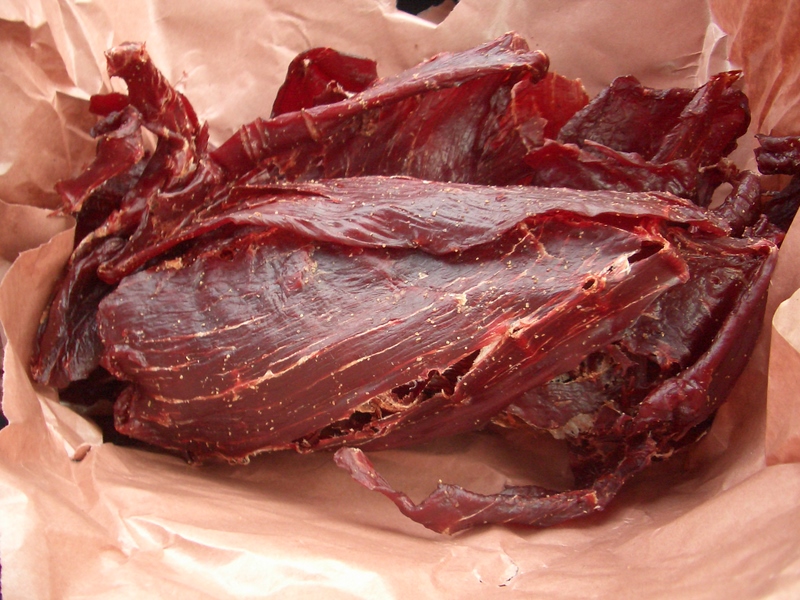 are you gonna eat that, Flickr
are you gonna eat that, Flickr
Cereal and Milk
Since many corn-based cereals contain high-glycemic carbs, they could potentially reduce the time it takes for you to fall asleep.
And milk is a great source of calcium—essential for the production of melatonin.
White Rice
White rice's high glycemic index means that it will give your blood sugar and insulin a natural boost, consequently helping the tryptophan get your brain to sleep. Rice is also high in magnesium, which also aids in sleep, and it's easy to digest.
Sorbet
This is a good option for those nights when you’re craving ice cream. Sorbet tends to be lower in fat than dairy ice cream—but it is just as high in sugar.
Opt for a sugar-free option, or better yet, make your own.
Smashed Chickpea Salad
Chickpeas are full of protein, fiber, vitamins and minerals, making them a popular healthy choice for any time of day. But they also have a ton of sleep-inducing tryptophan, complex carbs and folate, which can help regulate your sleeping patterns.
5 of the Worst Late-Night Snacks
As we now know, there are good snacks and bad snacks when it comes to late-night eating. These are five snacks you should avoid right before bed.
Pizza
Pizza sauce is acidic, and the cheese is high in fat—both of which can cause a stomach ache in the middle of the night.
High-fat food digest slowly and lead to acid reflux.
High-Sugar Cereals
Although we did mention cereal above, it is important to make the right choice when it comes to cereal as a late-night snack. Sugary cereals will cause your blood sugar to spike before bed, causing you to wake up feeling hungry.
Chips
Chips are one of the worst offenders at night because they contain very few nutrients—no fiber and no protein, with some fat from the oil. They’re mostly refined carbohydrates.
Swap them for popcorn or whole grain crackers.
Candy
It’s common to crave sweets after dinner—especially if you’re not eating balanced meals throughout the day.
But candy is pure sugar with no nutritional value, which is absolute chaos for your body at night time. Swap it for dark chocolate and fruit.
Spicy Food
Eating spicy foods at bedtime can cause your heart rate to increase, making it more difficult to fall asleep. It can also increase the risk of acid reflux throughout the night.
Enjoy your spicy dinners a bit earlier, and avoid spicy snacks before bed.
Final Thoughts
It’s okay to eat after dinner, just be sure to choose foods with fiber, protein and healthy fat instead of sugary, greasy foods—and always watch your portion sizes.

